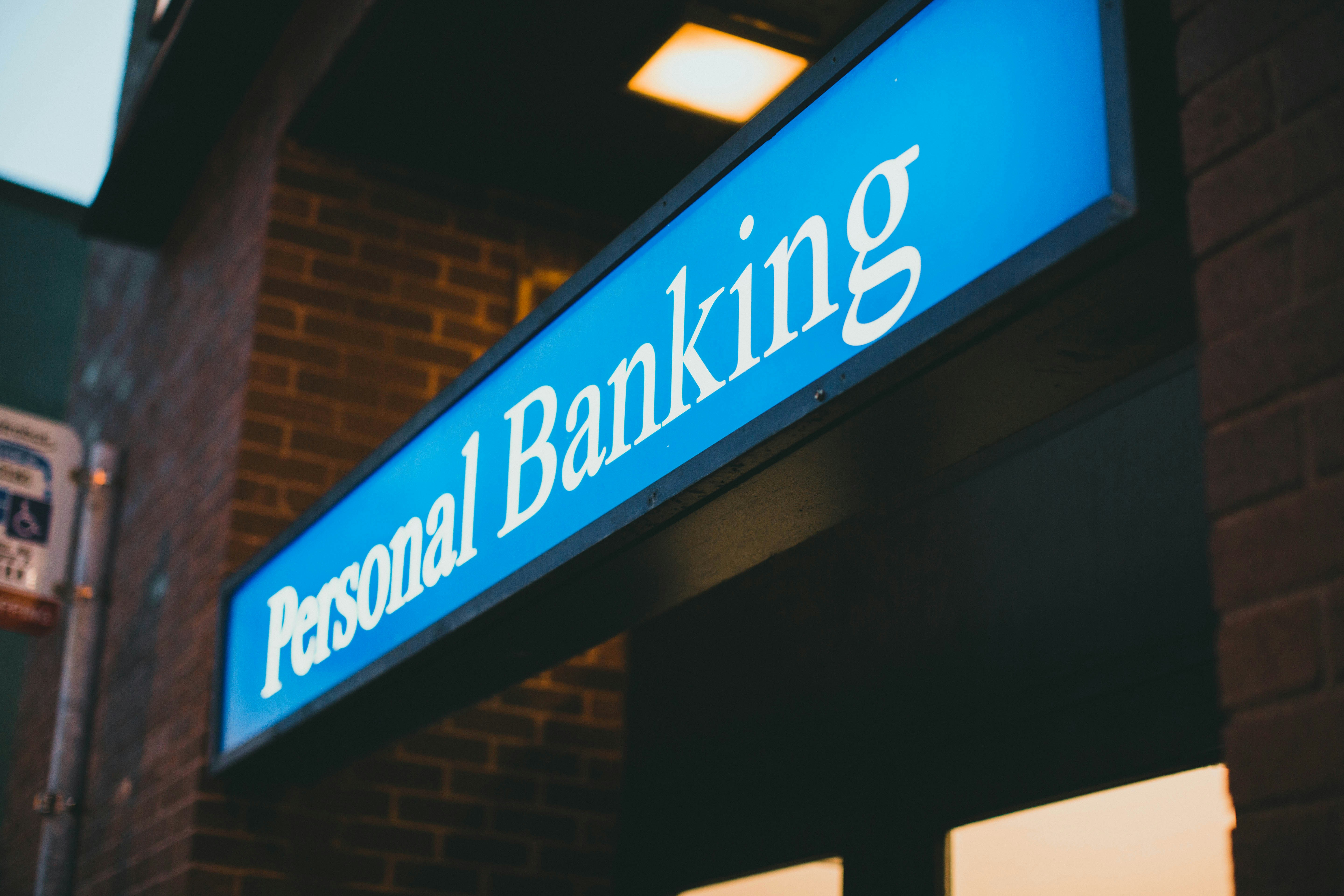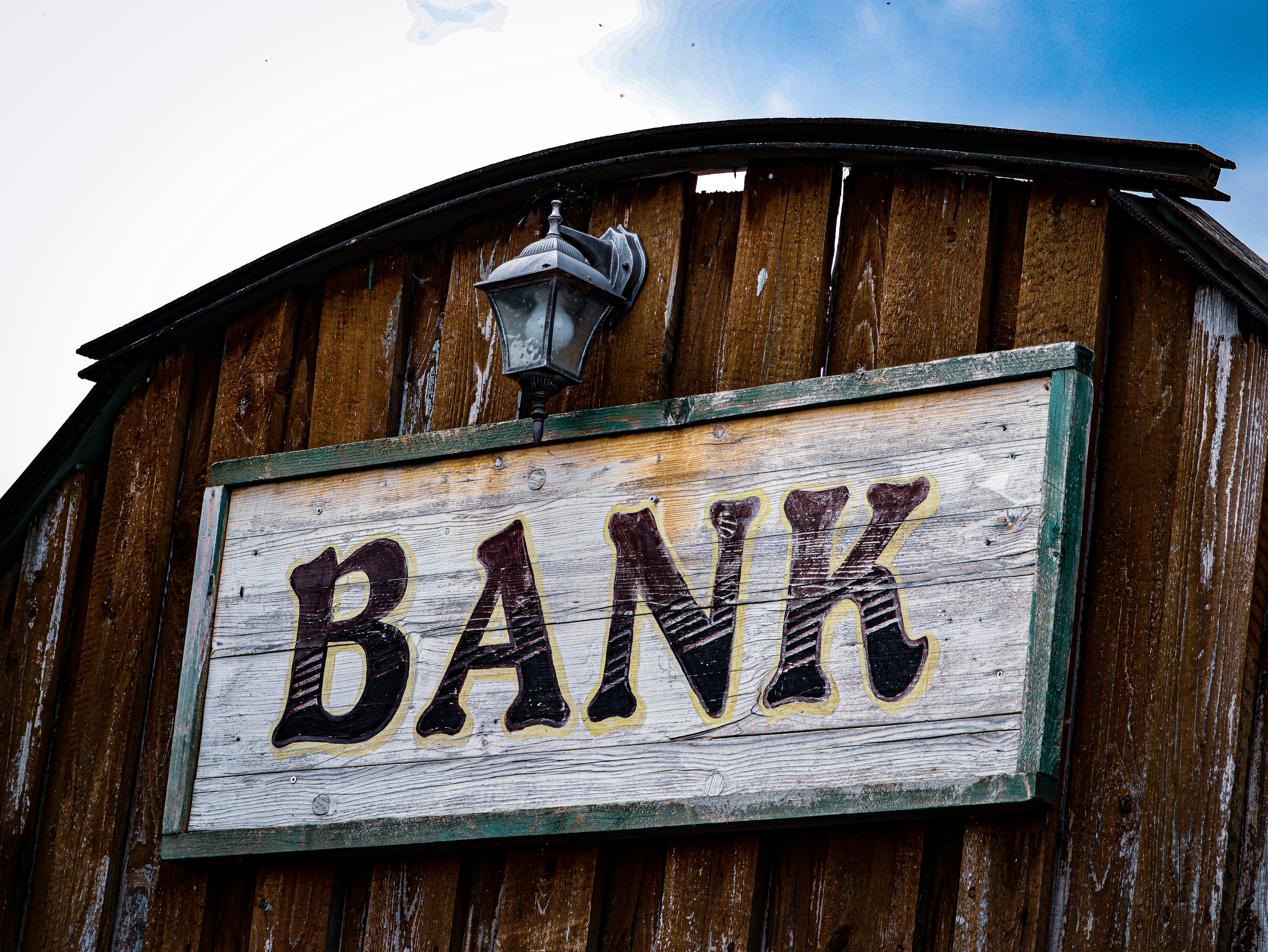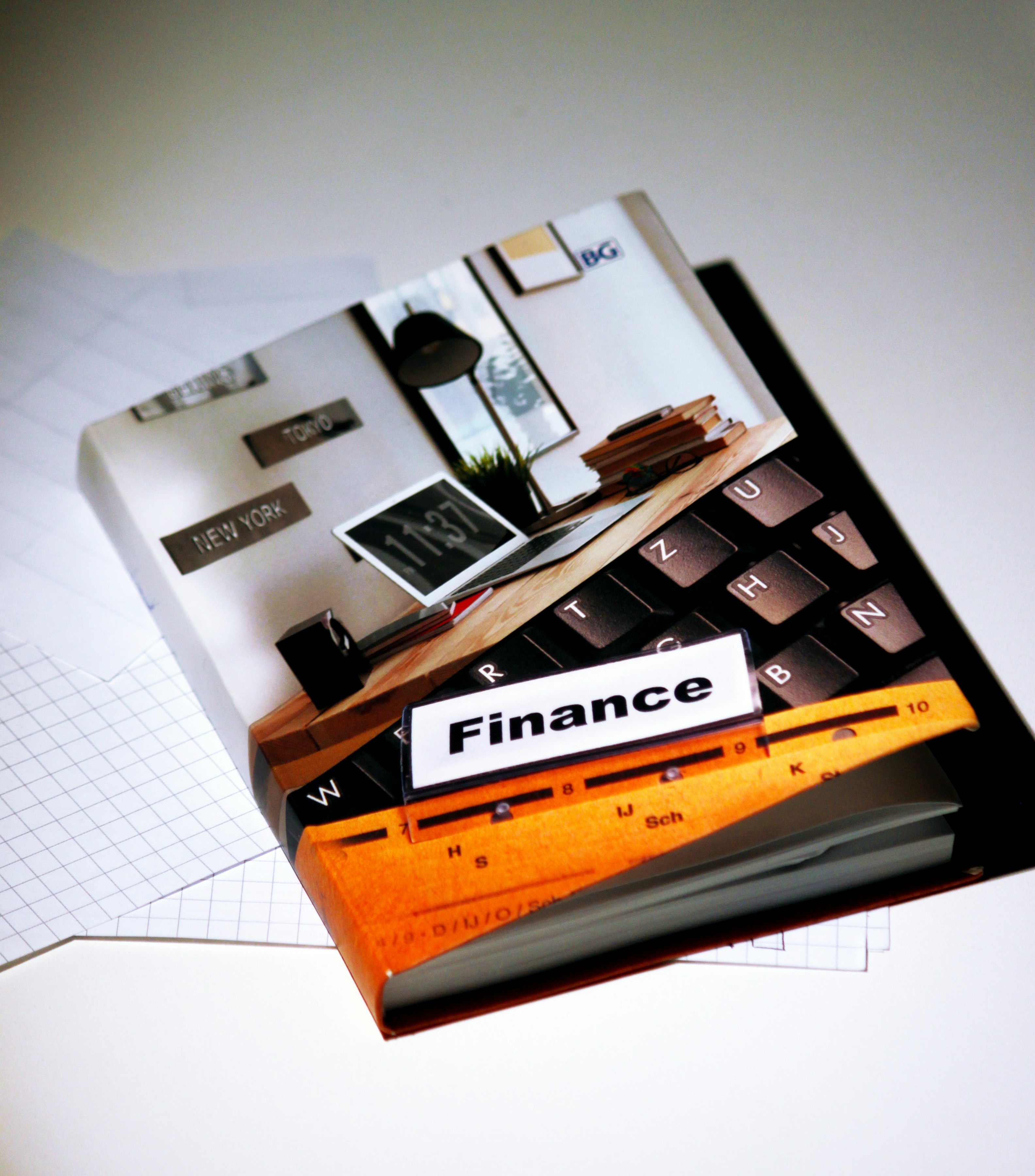Invest in Your Future Self: Building a Personal Time Bank
In today’s fast-paced world, financial success often seems to be about how much money you can accumulate. But what if the most valuable asset you have is something less tangible—your time? By creating a personal time bank, you can reserve and invest your time wisely, nurturing skills and relationships that will fuel your financial success for years to come. This concept might seem unconventional, but it fundamentally shifts the focus from mere monetary transactions to holistic personal development. After all, investing in your future self means cultivating a mindset of long-term growth in both skills and relationships that can yield significant financial returns. Let’s dive into the essential components of a personal time bank, its intersection with financial resilience, and practical steps you can take to make the most of your time investments.
The Intersection of Time and Financial Success
While traditional wisdom often emphasizes the importance of dollars and cents for financial planning, it's critical to recognize that time is a limited resource that can be leveraged effectively. By understanding that your time can be viewed as a currency, you can start to make powerful decisions about how to spend it. Think of those moments you dedicate to learning a new skill or cultivating relationships; these are the very investments that can enhance your financial condition. Research from the Harvard Business Review supports this view, suggesting that time investments can be directly correlated with future earnings and job satisfaction.
In essence, the currency of today’s economy isn't just dollars; it’s also time—specifically, how you allocate your time can either hinder or enhance your financial journey. If you’ve ever found yourself wondering where the hours went at the end of a day without meaningful achievements, let that be a wake-up call. Saving time is as vital as saving money, if not more.
What Is a Personal Time Bank?
A personal time bank is simply the practice of accounting for the time you invest throughout your day, whether in learning, networking, or pursuing personal interests. Just like a financial bank account, you can either withdraw or deposit hours that engage with your personal or financial goals. The beauty of this system lies in its flexibility; there are countless ways to 'bank' your minutes and hours. Here are some ways to fill your time bank:
-
Learning: Whether you take an online course or read relevant books, every hour spent learning is a direct investment in your future self. Consider how investing time in acquiring skills like digital marketing or coding could yield a profitable side hustle.
-
Networking: Relationships can be powerful financial assets. Spend time connecting with individuals in your industry, attend networking events, or join community groups. Each interaction can lead to new opportunities, referrals, or partnerships down the road.
-
Health and Mindfulness: Investing time in your mental and physical well-being lays the groundwork for financial resilience. When you feel good physically and mentally, you can tackle financial challenges with better focus. You might want to explore mindfulness techniques that can guide your time investment in health.
-
Volunteering: Engaging in community service can create a sense of fulfillment while also allowing you to gain experience and build networks. A study by the Corporation for National and Community Service found that volunteering can also foster essential skills that enhance employability.
-
Creative Hobbies: Take up activities that inspire creativity and personal satisfaction. Not only can they relieve stress, but they may also stimulate new ideas that lead to wealth-building ventures. You can find ways to monetize your passions.
The Benefits of a Time Bank for Financial Resilience
Having a personal time bank empowers you to make conscious choices about how you distribute your hours based on their long-term value. This not only boosts your overall productivity but also lays a solid foundation for resilience against economic uncertainty.
1. Skill Enhancement and Upgrading
In our rapidly changing job market, continuous learning is non-negotiable. By dedicating regular time to learn new things, you prepare yourself for future job roles that may require different skills. The labor market is moving fast, and those who spend their time learning will find more opportunities—both personally and financially.
2. Building Strong Relationships
Sometimes, the best investments aren’t financial but relational. A diverse and supportive professional network often opens doors to opportunities that may not be advertised. You can tap into these networks for job openings, freelance gigs, or even investment prospects. Research shows that referrals are a prevalent way people find job opportunities.
3. Enhanced Decision-Making
Investing time in learning about personal finance and market trends can arm you with critical insights for making informed investment decisions. Reading up on subjects like sustainable investing can provide guidance tailored to modern ethical concerns, proving to be both personally and financially rewarding.
4. Long-Term Thinking
By reframing your approach to time management, you cultivate a mindset that prioritizes long-term gains over immediate gratification. This can lead to less impulsive financial decisions and a more cautious approach to spending.
5. Increased Financial Literacy
As you actively manage your time, you also increase your financial literacy. The more you engage with your finances, the better you become at understanding concepts like asset allocation, budgeting, and market trends. For instance, investing your time in resources about budgeting can enhance your financial control.
Steps to Create Your Own Personal Time Bank
Feeling inspired to start your time bank? Here’s a step-by-step guide to help you create your own system.
Step 1: Analyze Your Current Time Usage
Start by tracking how you spend your time for a week. Identify patterns and pinpoint areas where you waste time. Are you mindlessly scrolling through social media? Use a free time management app or digital planner to gain insights.
Step 2: Define Your Financial Goals
What do you wish to achieve financially in the next 1, 5, or 10 years? Having clear goals allows you to allocate your time in a way that supports those objectives. Make sure your goals are specific, measurable, achievable, relevant, and time-bound (SMART).
Step 3: Set Aside Time Blocks for Investment
Dedicate specific blocks of time each week toward learning, networking, and personal development. Whether it’s an hour for online courses or a bi-weekly coffee catch-up with industry peers, commit to these as you would financial investments.
Step 4: Hold Yourself Accountable
Whether you utilize tracking apps or share your goals with friends, find ways to stay accountable. Review your time bank weekly to see how well you’ve aligned your time with your investment goals.
Step 5: Reassess and Adjust
Your priorities might change as you progress toward your goals. Take the time to reassess how you are spending your hours and adjust your allocations as needed. Flexibility is crucial to making your time bank a versatile asset.
Final Thoughts: Investing in Your Future Self
The journey of building a personal time bank may seem overwhelming initially, but its long-term benefits are undeniably rewarding. While you manage your money, give equal attention to how you manage your hours. Invest time in skills, relationships, and well-being, and you'll cultivate a financial future defined by resilience and abundance.
Remember, the currency of time is at your disposal. Use it wisely, and you’ll find connections, skills, and opportunities you might never have imagined. Start today, for your future self will thank you for it.
For more insights on the intersection of time management and personal finance, check out our posts on topics like financial forgiveness and community investment.












